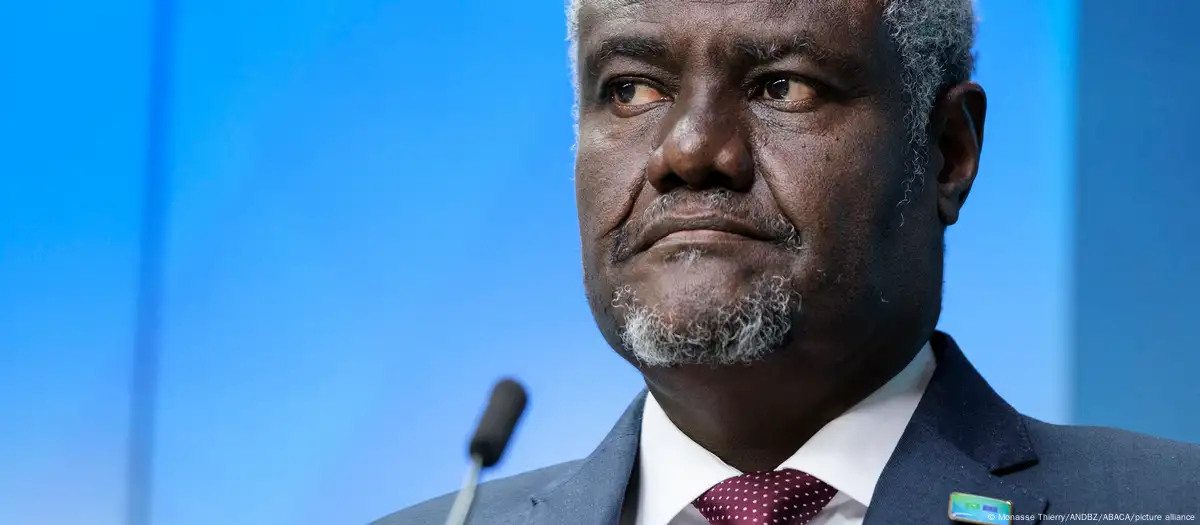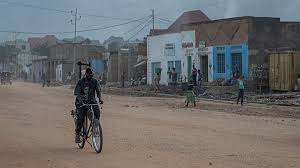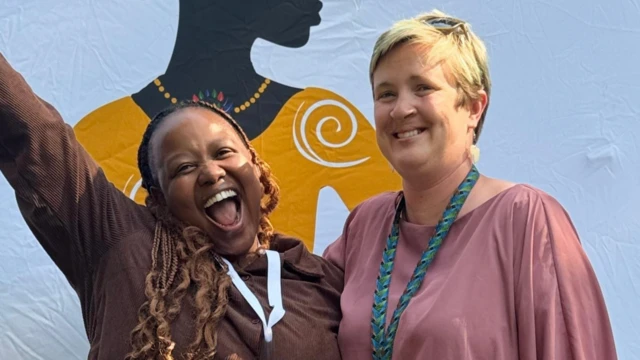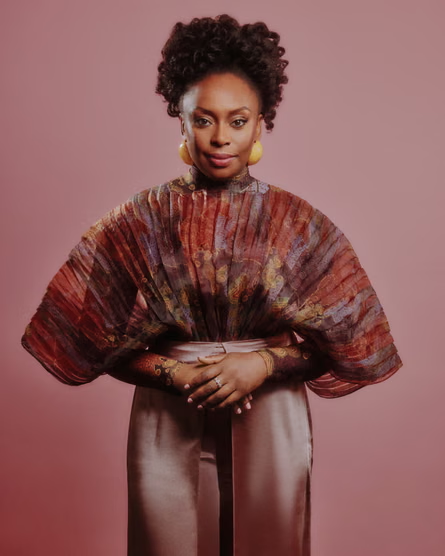As the African Union (AU) prepares for leadership changes, the question of who will succeed current Chairperson Moussa Faki Mahamat is gaining momentum across diplomatic and political circles. Mahamat, who has led the AU Commission since 2017, is set to complete his second term in 2025, sparking discussions on his successor and the future direction of Africa’s most influential continental body.
The next leader of the AU Commission will face the monumental task of advancing Africa’s regional integration, tackling security challenges, and positioning the continent strategically on the global stage amid increasing geopolitical tensions.
Mahamat’s Legacy and Challenges Ahead
Moussa Faki Mahamat, a former Prime Minister of Chad, took the reins of the AU Commission with a focus on reform, conflict resolution, and boosting Africa’s global influence. Under his leadership, the African Continental Free Trade Area (AfCFTA) was launched, marking a significant milestone toward regional economic integration. However, Mahamat’s tenure has not been without challenges. Persisting conflicts in the Sahel, Ethiopia, Sudan, and eastern Democratic Republic of Congo remain major issues, along with political instability in parts of West Africa following a string of military coups.
As his second term nears its conclusion, African leaders are now engaged in quiet consultations and coalition-building to identify a successor capable of steering the AU Commission through its next phase of growth, stability, and global relevance.
Who Are the Potential Contenders?
While no formal declarations have been made, several prominent figures have emerged as potential candidates, each bringing unique experience and regional backing to the table.
1. Raila Odinga (Kenya)
Raila Odinga, a seasoned statesman and former Prime Minister of Kenya, has long been an advocate for Pan-African cooperation and regional integration. Known for his leadership and political influence across East Africa, Odinga has the experience and diplomatic stature to rally support for Africa’s shared interests on the global stage. His candidacy, if formalized, could benefit from strong backing within East Africa and across parts of the continent.
2. Mahmoud Ali Youssouf (Djibouti)
Mahmoud Ali Youssouf, Djibouti’s long-serving Minister of Foreign Affairs, is recognized for his extensive diplomatic experience and role in strengthening regional cooperation in the Horn of Africa. His candidacy would highlight the strategic importance of the region, particularly in addressing security concerns and advancing economic initiatives like the African Continental Free Trade Area (AfCFTA).
3. Richard Randriamandrato (Madagascar)
Richard Randriamandrato, the former Minister of Foreign Affairs of Madagascar, has emerged as a contender representing Southern Africa. Randriamandrato’s experience in economic governance and international diplomacy aligns with the AU’s vision for sustainable growth and development. His candidacy would reflect the Southern African bloc’s aspirations for stronger representation in continental leadership.
Balancing Regional Representation
The AU’s leadership selection process often revolves around regional balancing to ensure equitable representation across Africa’s five regions. While East Africa currently holds the Chairpersonship of the Commission through Mahamat, there is an increasing push for West Africa, Southern Africa, or the Horn of Africa to take over the role. This political dynamic will likely influence coalition-building efforts as member states seek consensus on the next leader.
Key Issues for the Next Chairperson
Whoever succeeds Moussa Faki Mahamat will inherit a mix of opportunities and challenges that define Africa’s present and future. Among the pressing priorities are:
- Conflict Resolution: Addressing security crises in the Sahel, Sudan, and the Horn of Africa, while strengthening the AU’s conflict mediation capacity.
- Economic Integration: Building on the gains of the AfCFTA to accelerate intra-African trade and economic growth.
- Global Representation: Amplifying Africa’s voice in multilateral forums such as the United Nations, G20, and international financial institutions.
- Institutional Reform: Continuing efforts to modernize and streamline the AU Commission for greater efficiency and impact.
With diplomatic maneuvering already underway, Africa’s leaders will ultimately decide who is best suited to carry forward Mahamat’s legacy while charting a new course for Africa’s future. The race to succeed Moussa Faki Mahamat is not just about choosing a leader but about defining the vision and priorities of the African Union in the years to come.














Leave a comment